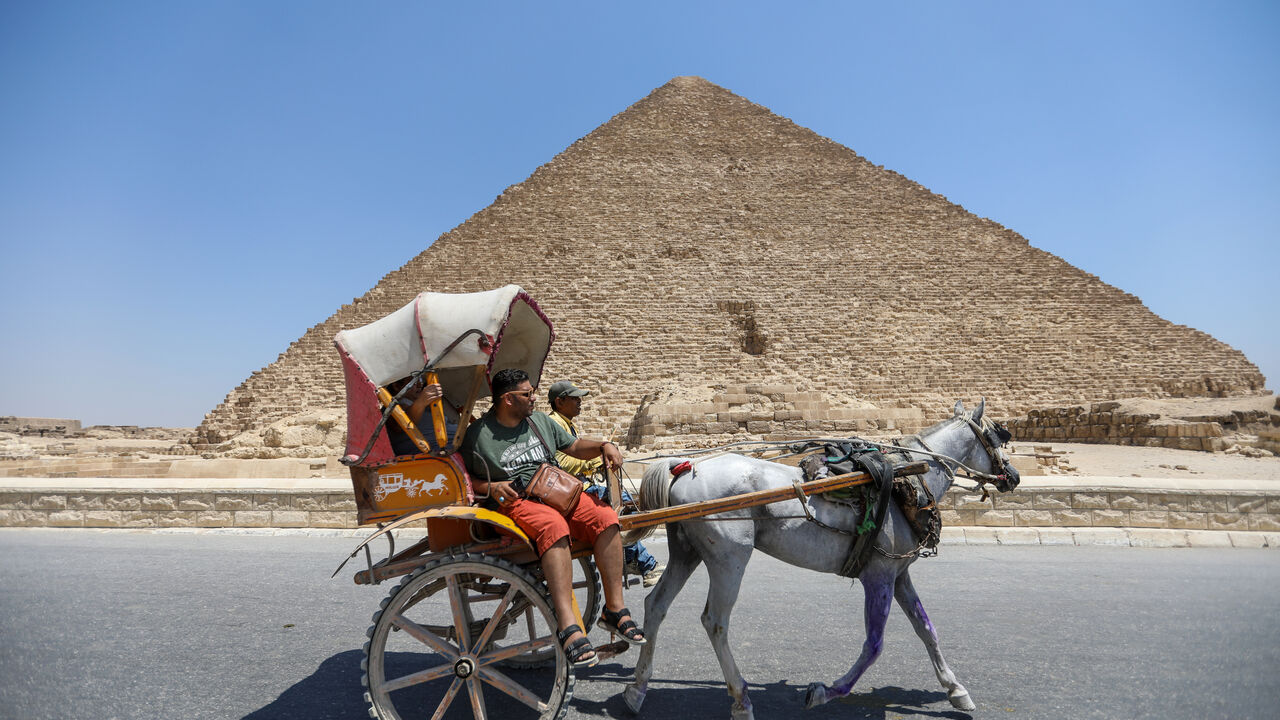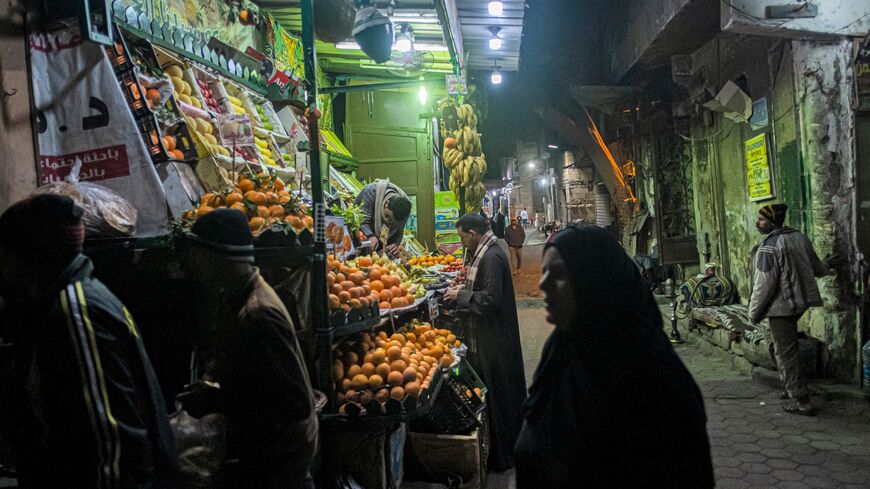IMF greenlights release of $820M to Egypt, cites economic improvement
The Washington-based fund said in a statement that the decision was a result of the third review of Egypt’s 46-month Extended Fund Facility arrangement that was approved on Dec. 16, 2022.

The International Monetary Fund (IMF) on Tuesday approved the release of $820 million in funds to Egypt to help with the North African country’s economic turnaround from its worst recession in decades.
The Washington-based fund said in a statement that the decision was a result of the third review of Egypt’s 46-month Extended Fund Facility (EFF) arrangement that was approved on Dec. 16, 2022. The loan was expanded to $8 billion this year following Egypt’s continued economic crisis, with sky-high inflation and acute foreign currency shortages. Egypt’s inflation peaked at nearly 40% last year before falling to 27.5% in June. Around 30% of Egyptians live in poverty, according to recent estimates.
The IMF said some of Egypt’s economic recovery and critical structural reforms had yielded positive results, enabling it to unlock the additional funds.
"Inflationary pressures are gradually abating, foreign exchange shortages have been eliminated and fiscal targets (including those related to spending on large infrastructure projects) were met," the fund said in the statement.
The fund said that these improvements were having a positive impact on investor confidence and private sector sentiment, but at the same time, the war in neighboring Gaza and the mass rerouting of ships in the Red Sea due to Houthi attacks called for continued implementation of the program's commitments.
Among those commitments was that Egypt shift to a more flexible exchange rate. In March, the Egyptian pound fell 60% against the US dollar (around 49.55 pounds to the dollar) after the central bank let the currency float freely. As of late morning Eastern Time on Tuesday, one dollar amounted to 48.44 Egyptian pounds.
The IMF said in its Tuesday statement that there were more policy and structural changes needed in Egypt.
"While there has been progress on some critical structural reforms, greater efforts are needed to implement the State Ownership Policy," it added.
As part of its pledges to secure the IMF loan, Egypt’s government promised to heavily divest from many of its state-owned companies and carry out reforms to prevent them from engaging in unfairly competitive practices.
Other recent measures have been taken. On July 25, Egypt raised fuel prices for the second time in four months, fulfilling an IMF condition to unlock the latest new loan. Egypt’s Official Gazette reported an up to 15% price hike for petrol on Thursday, four days before the IMF’s third review of the $8 billion program.
In May, Egypt's remittances, a key foreign currency earner, reached $2.7 billion, boosting the country's economy.









